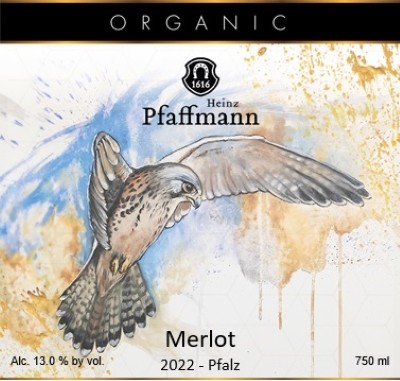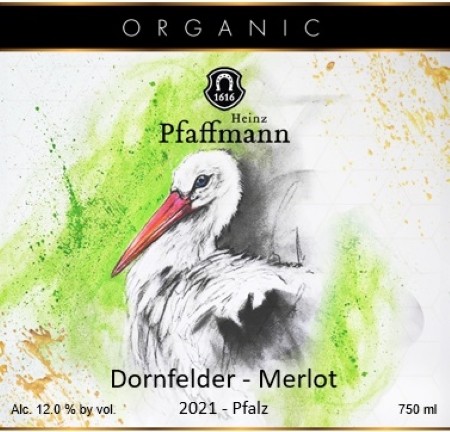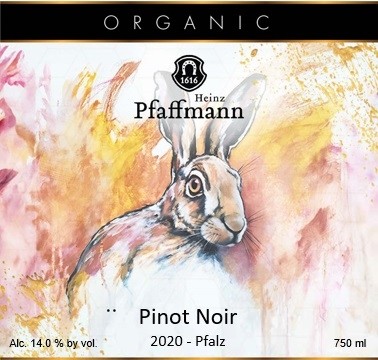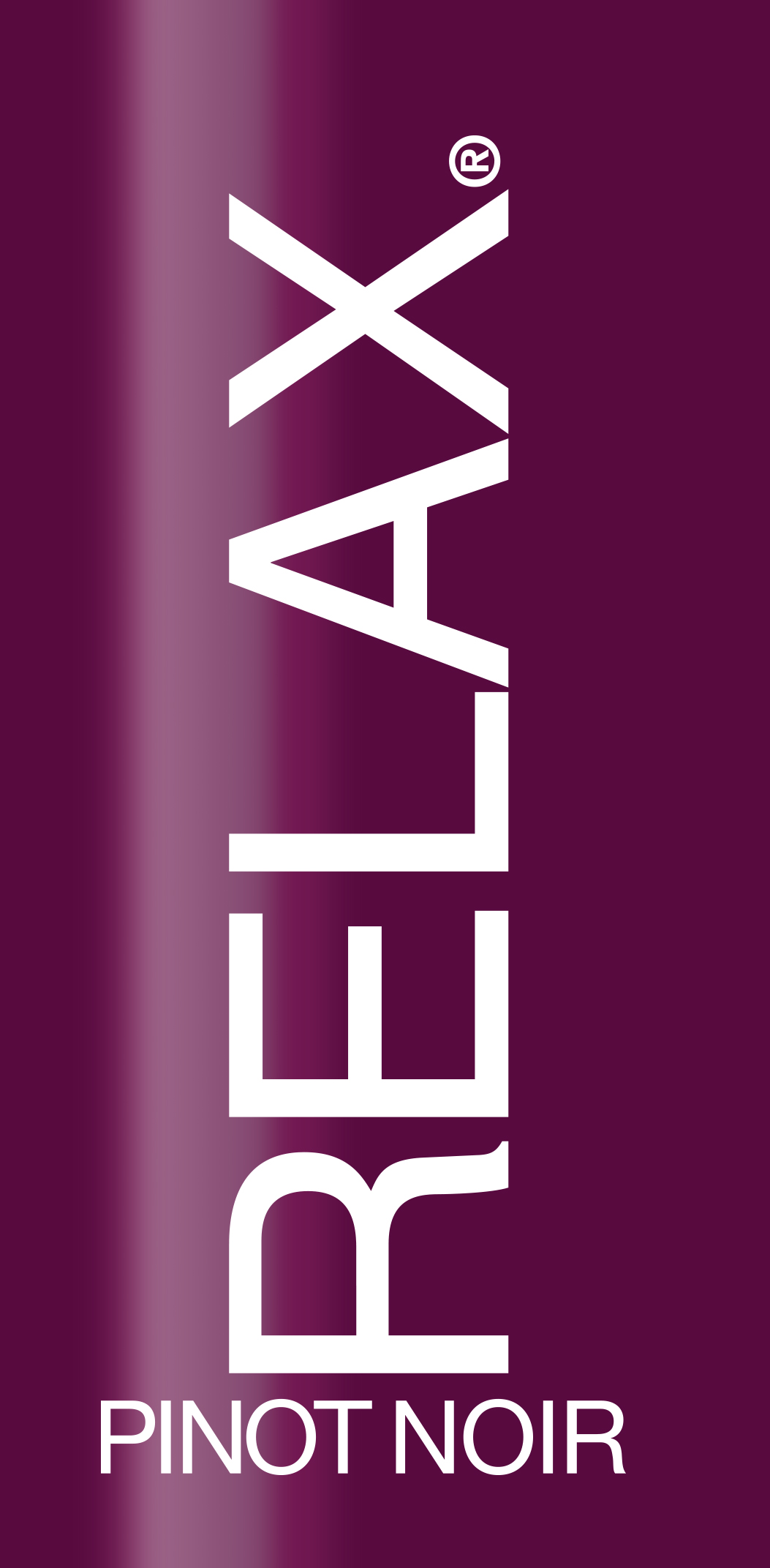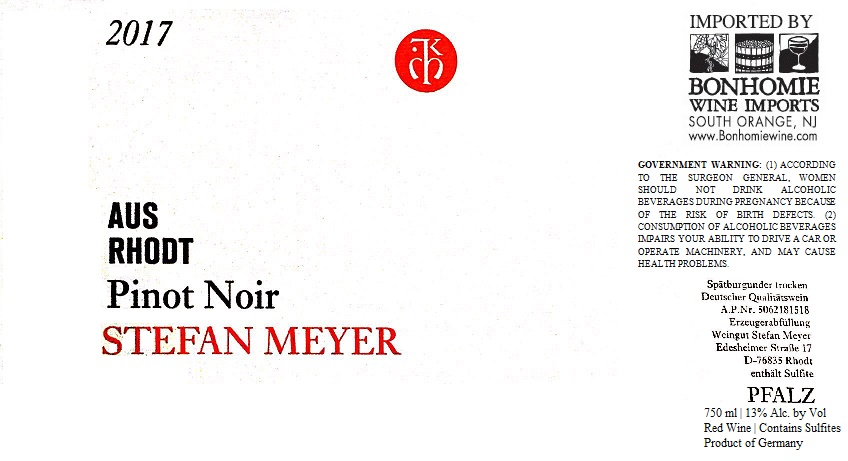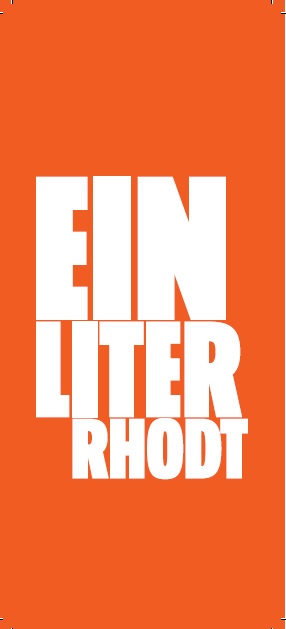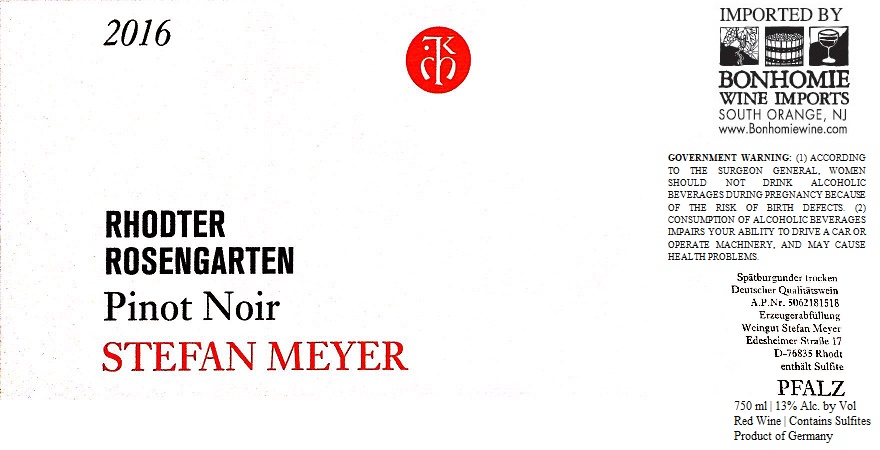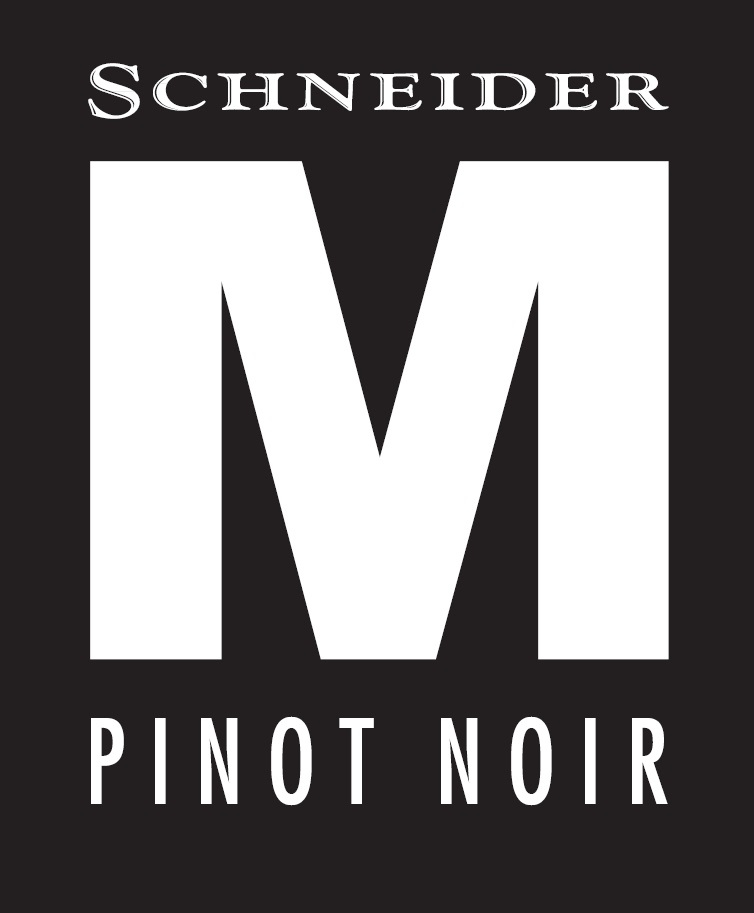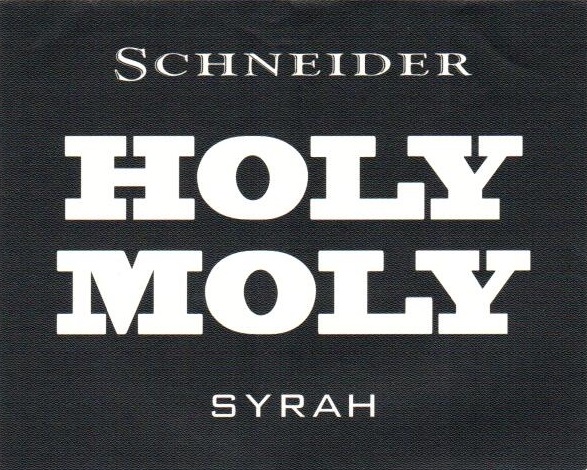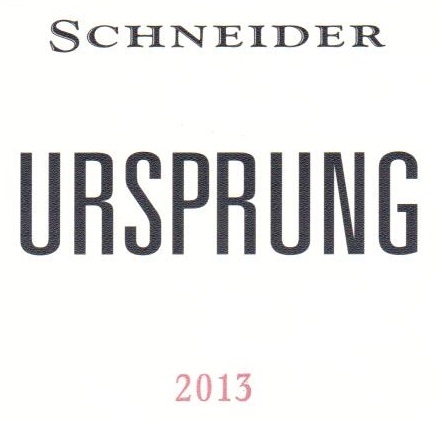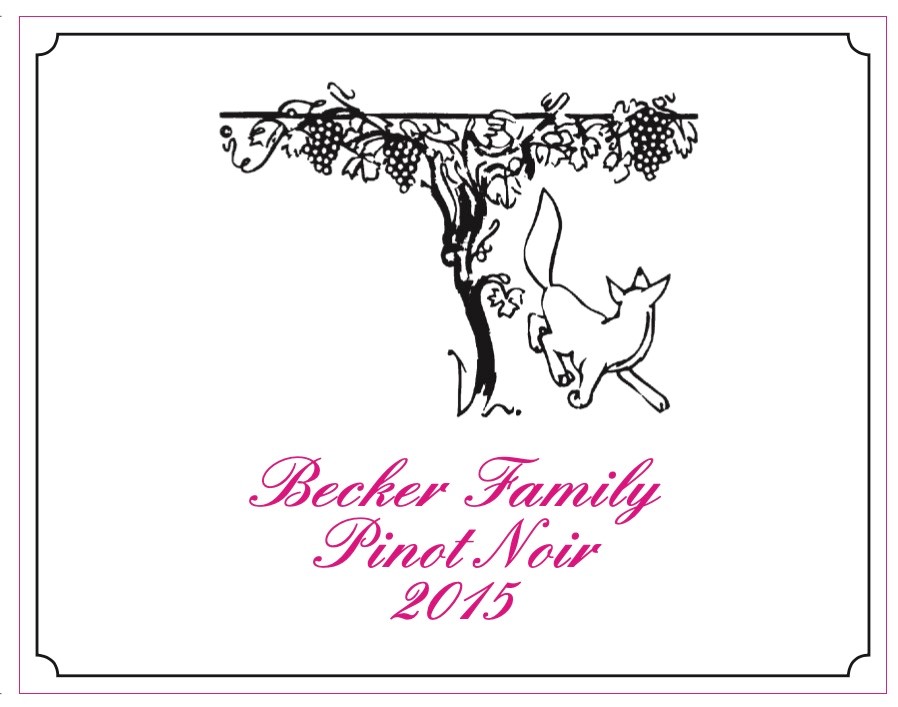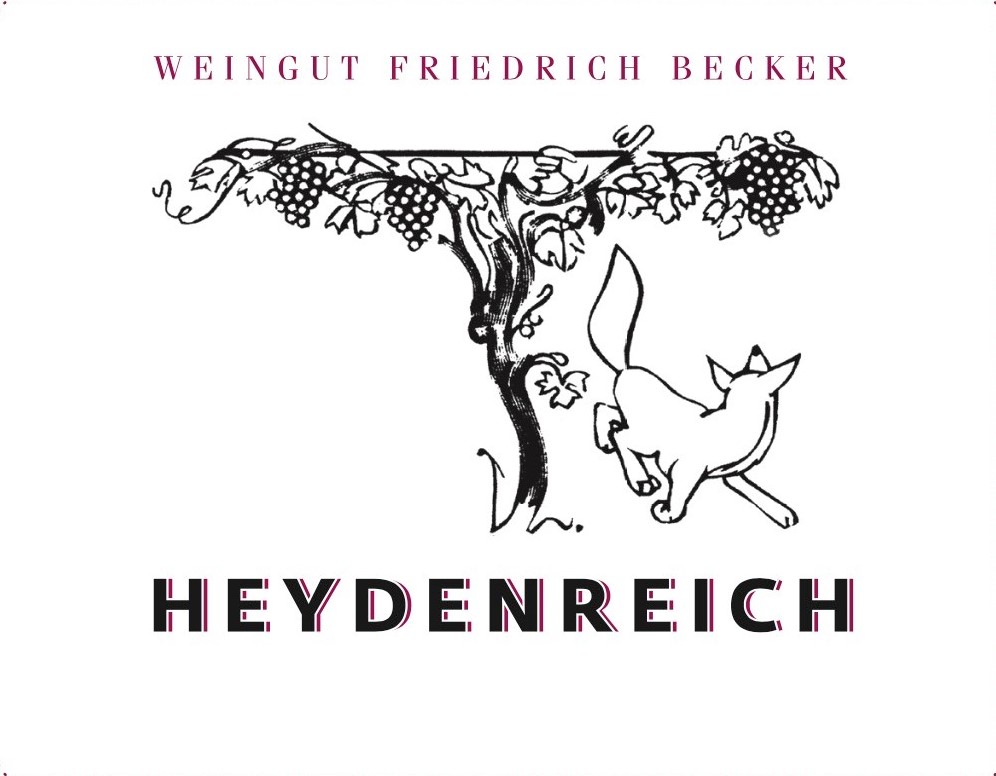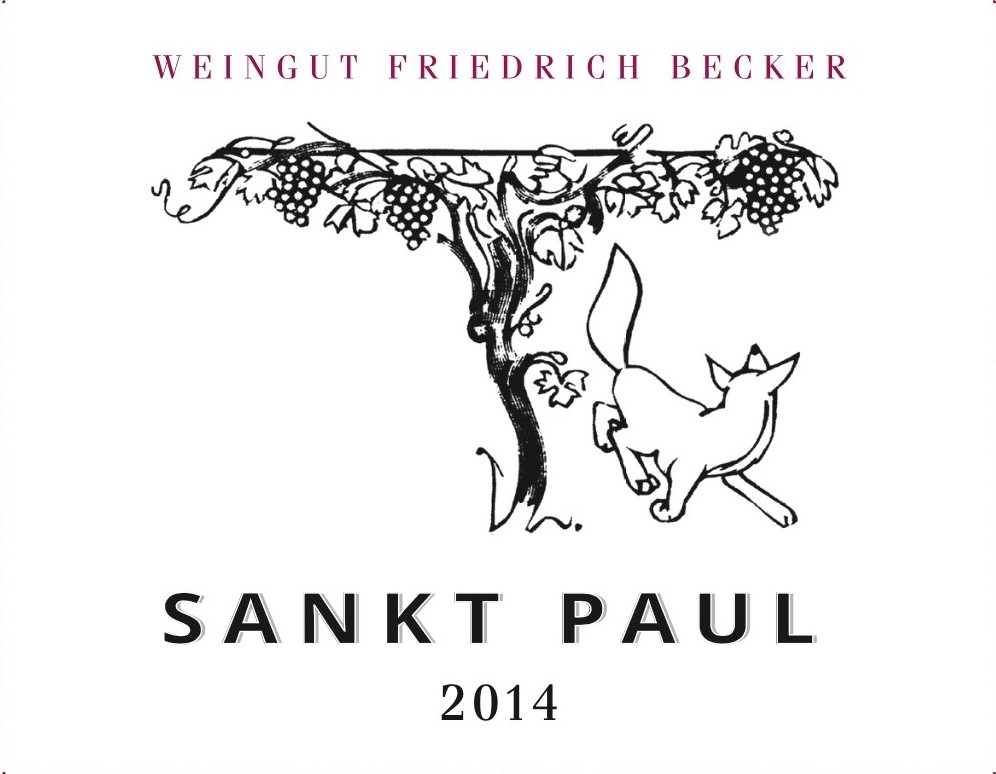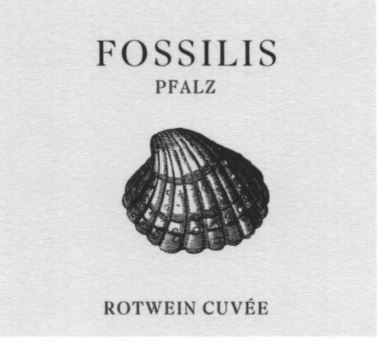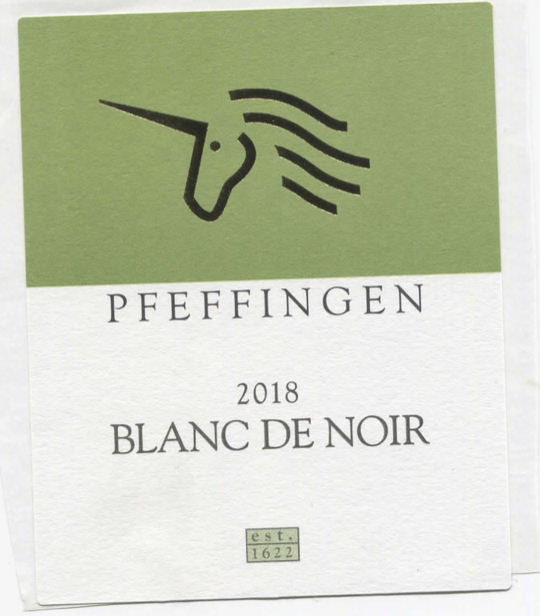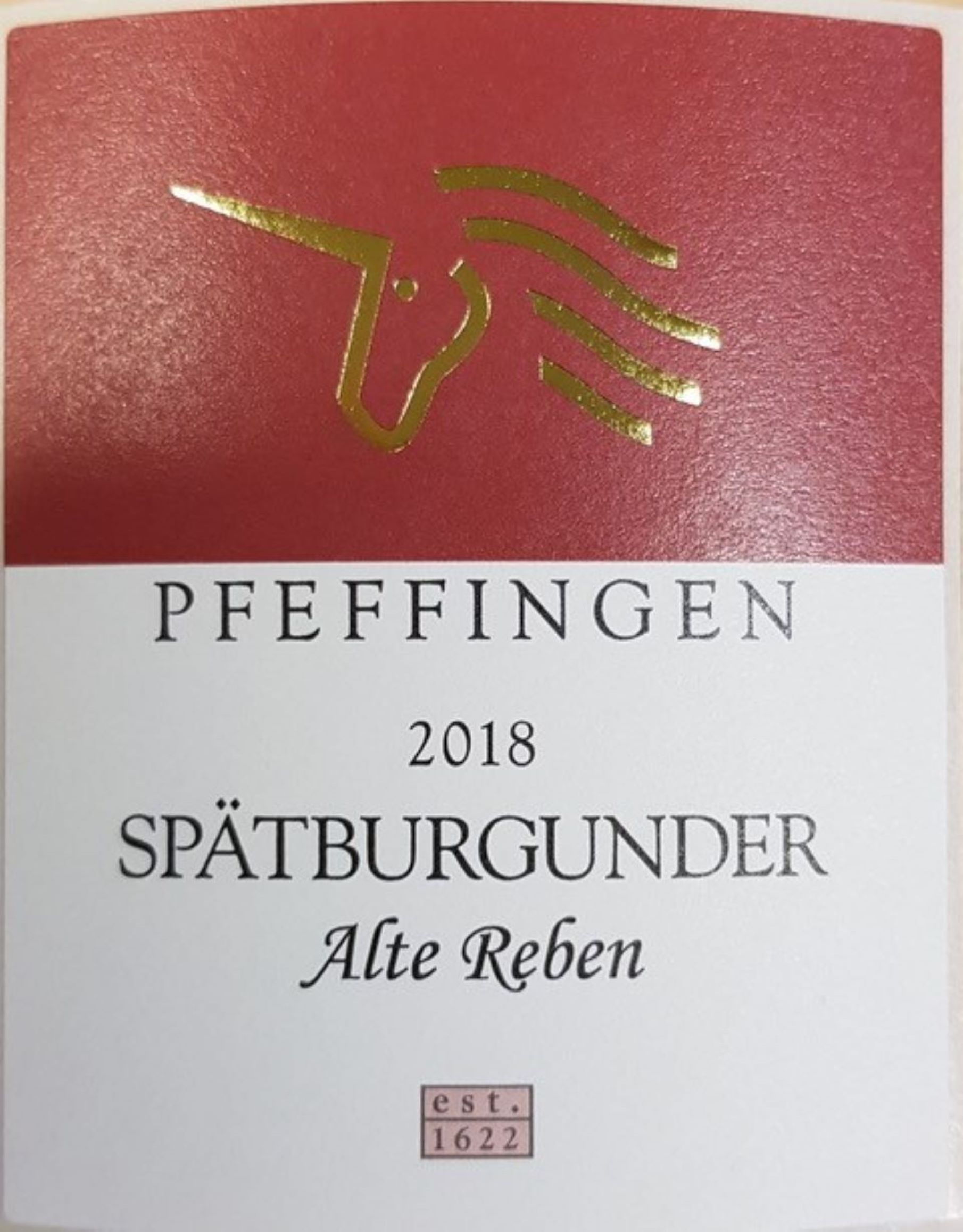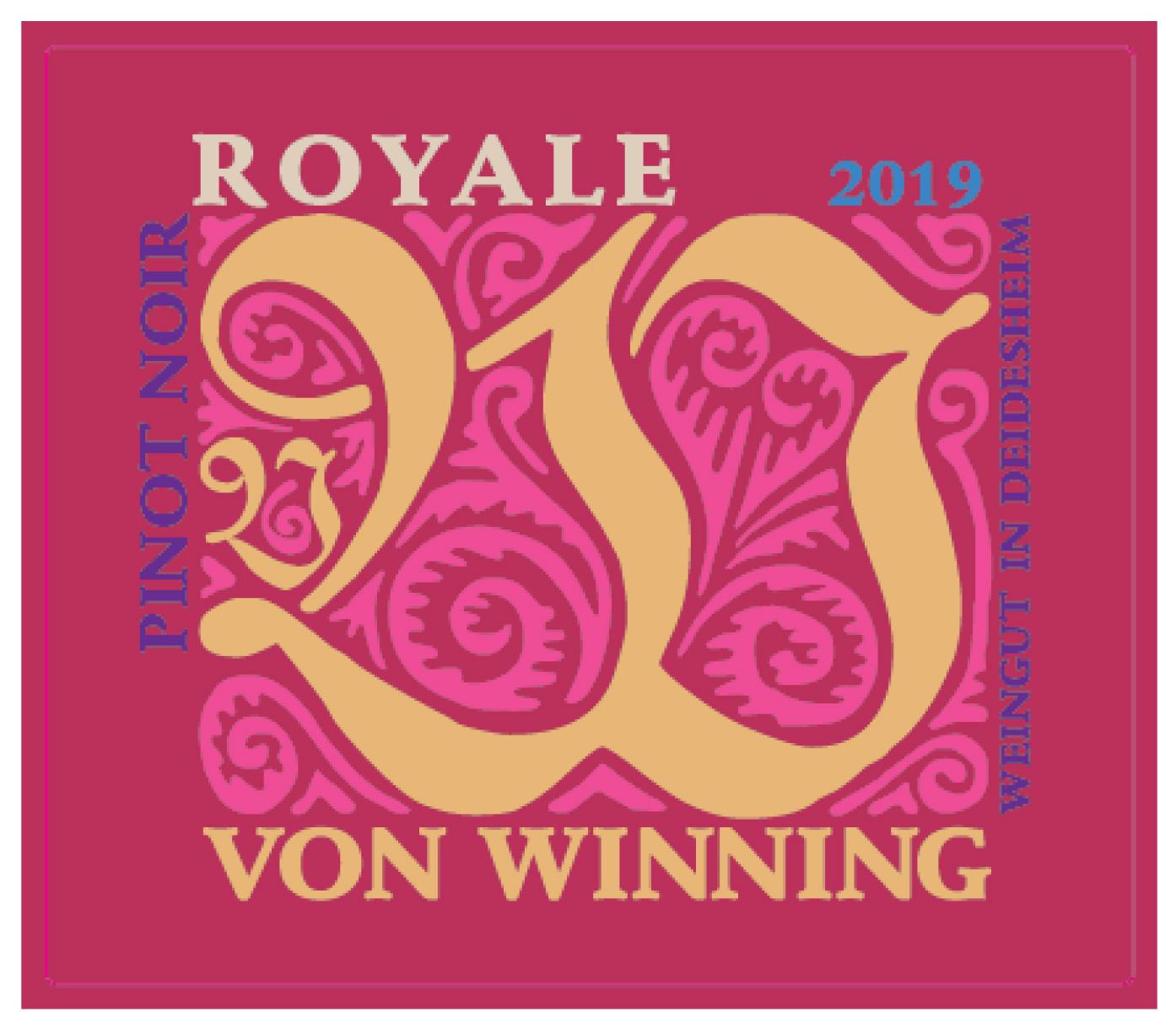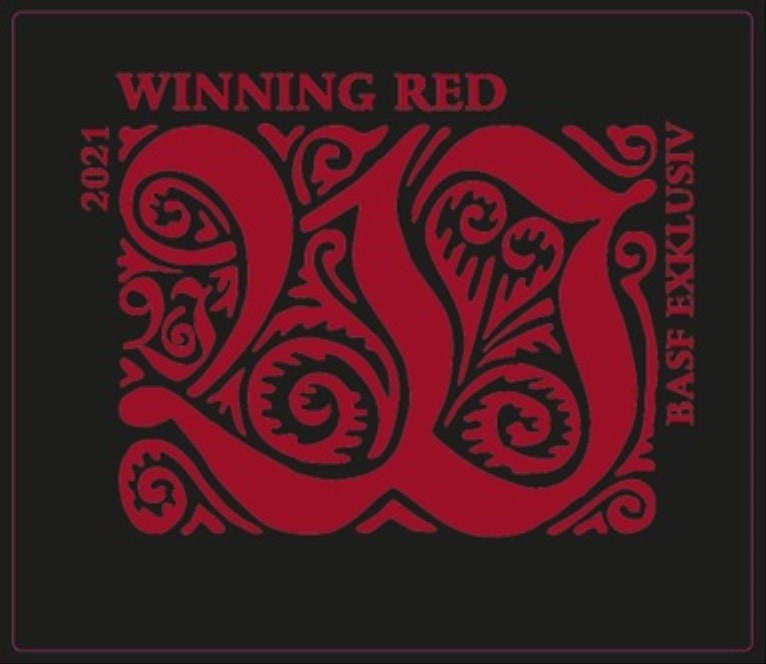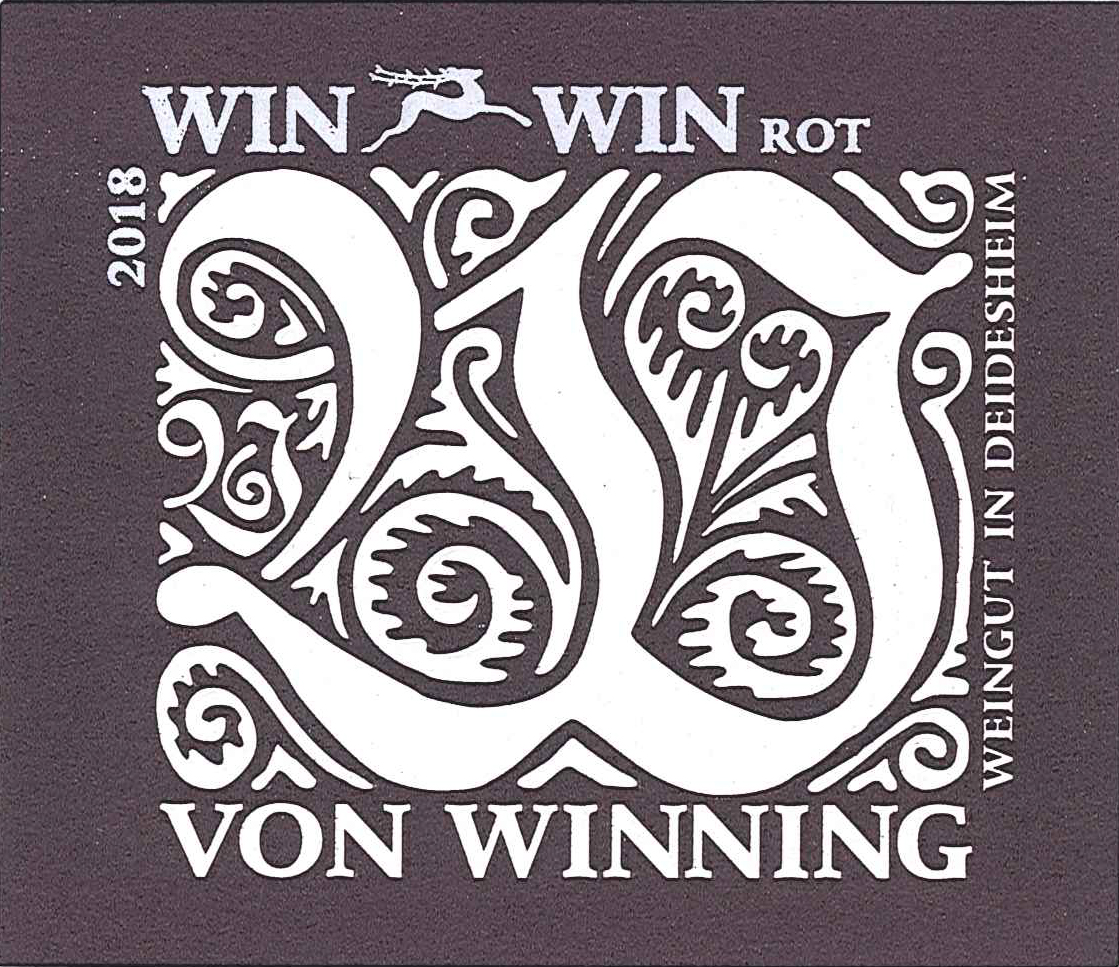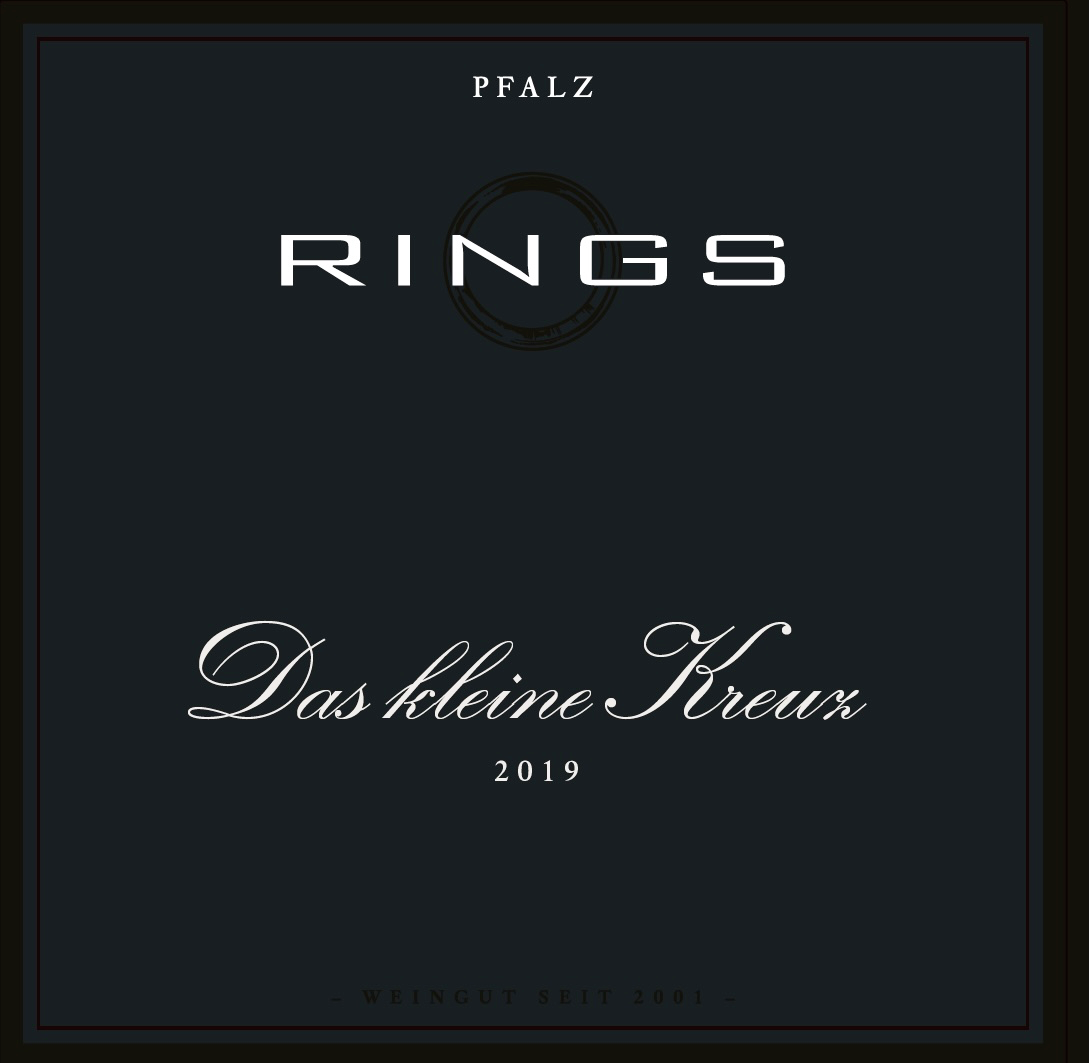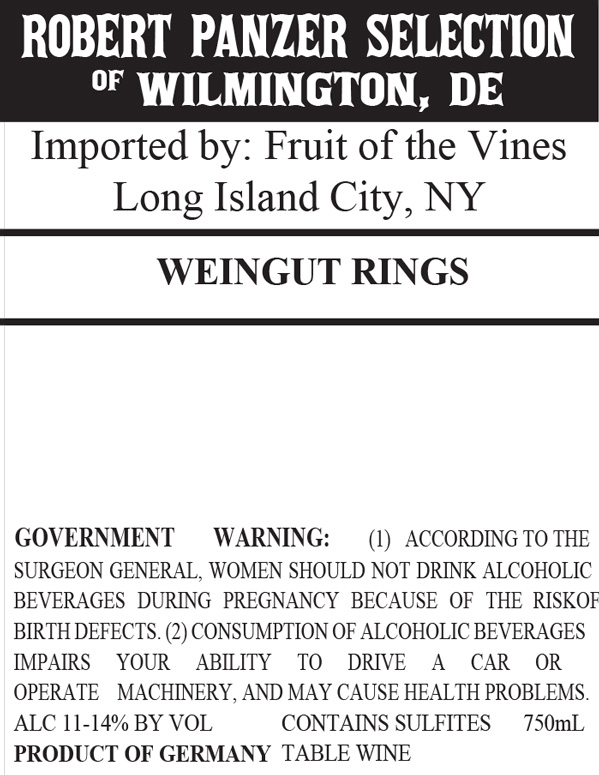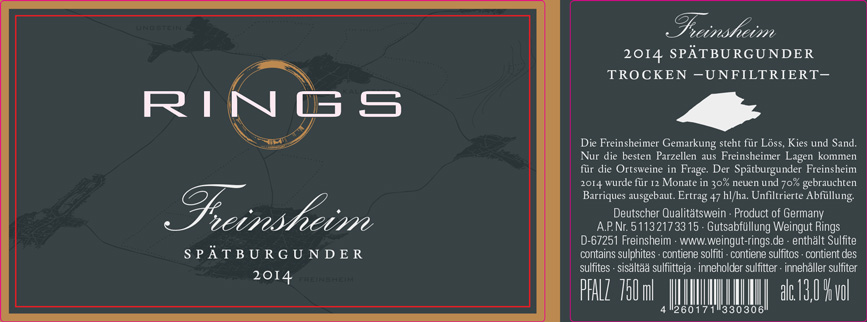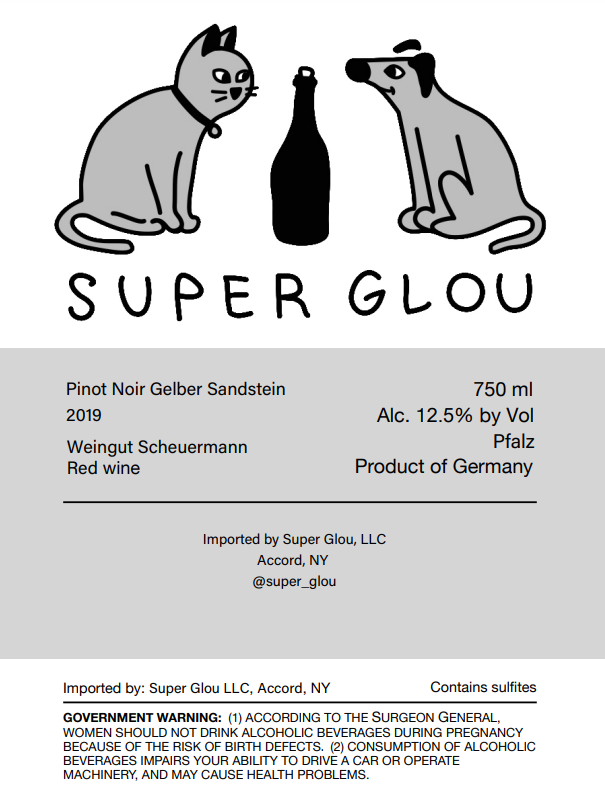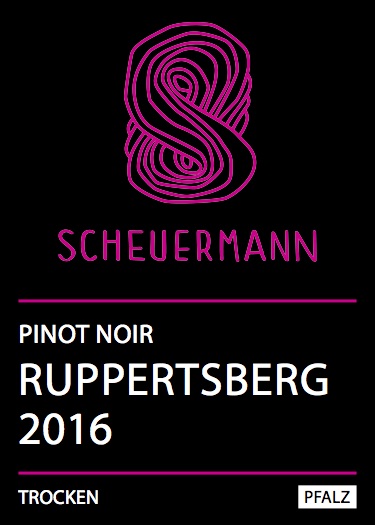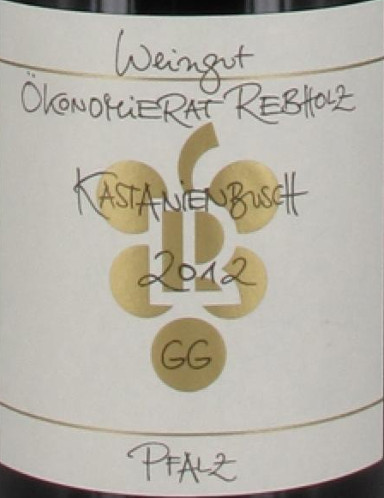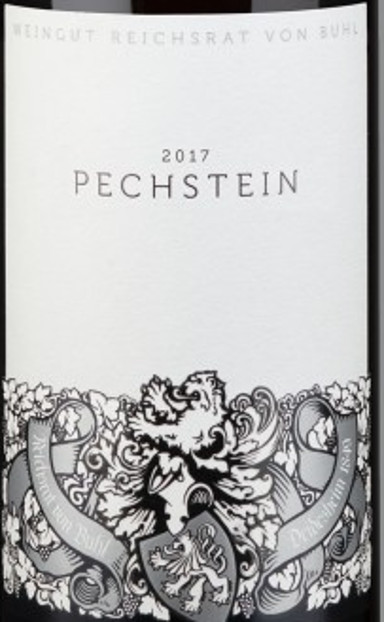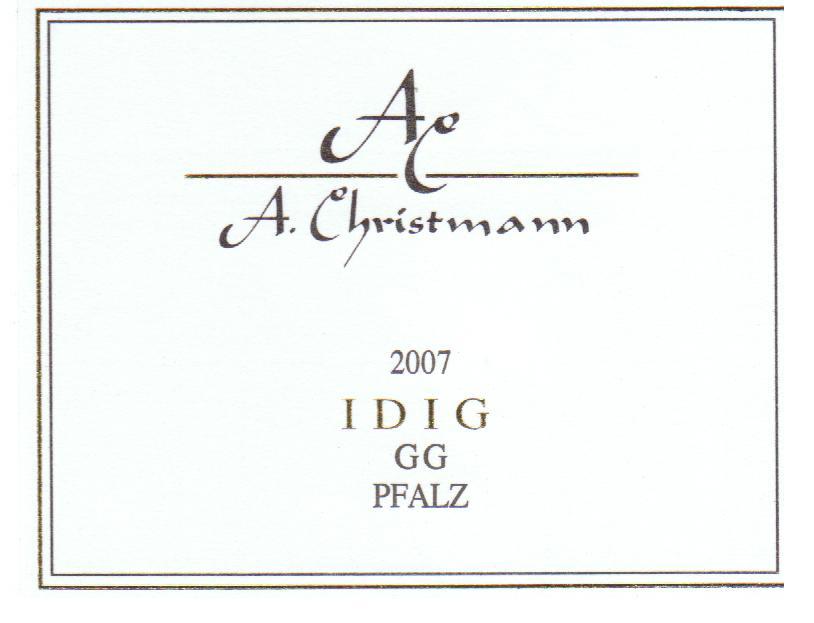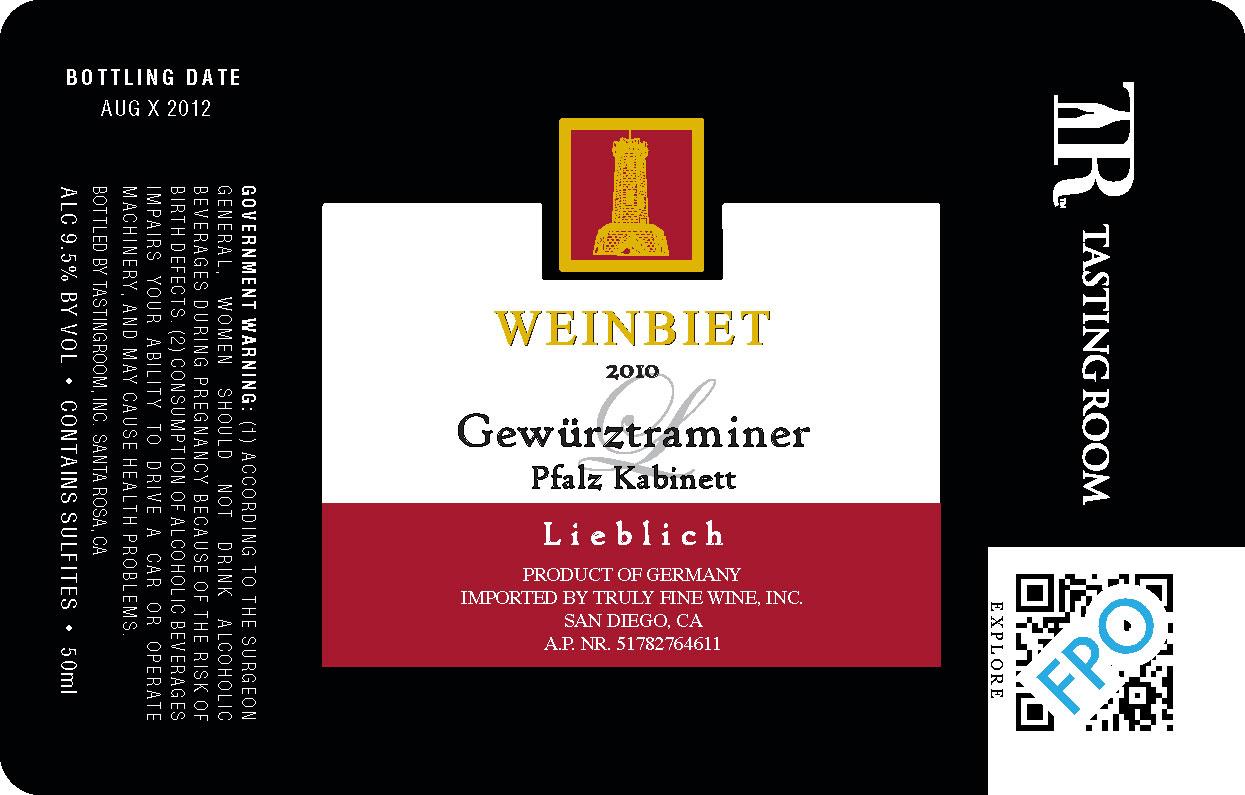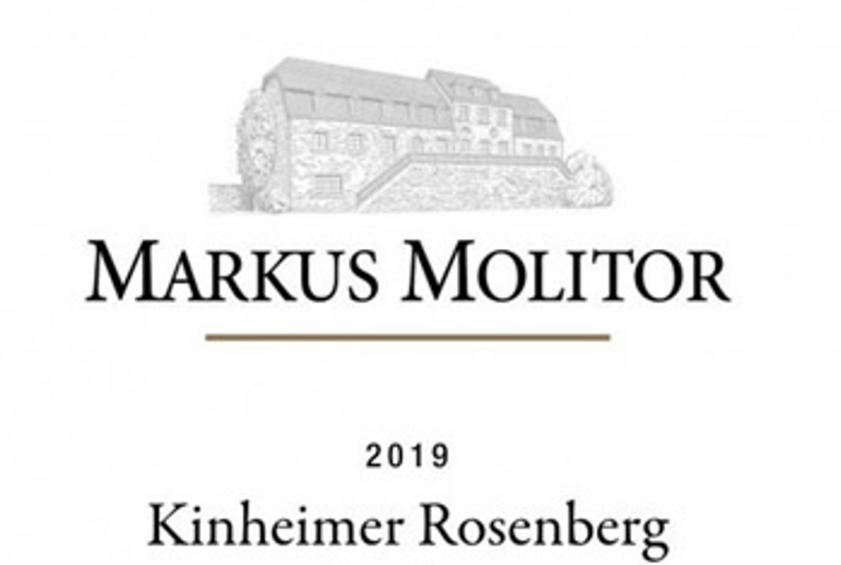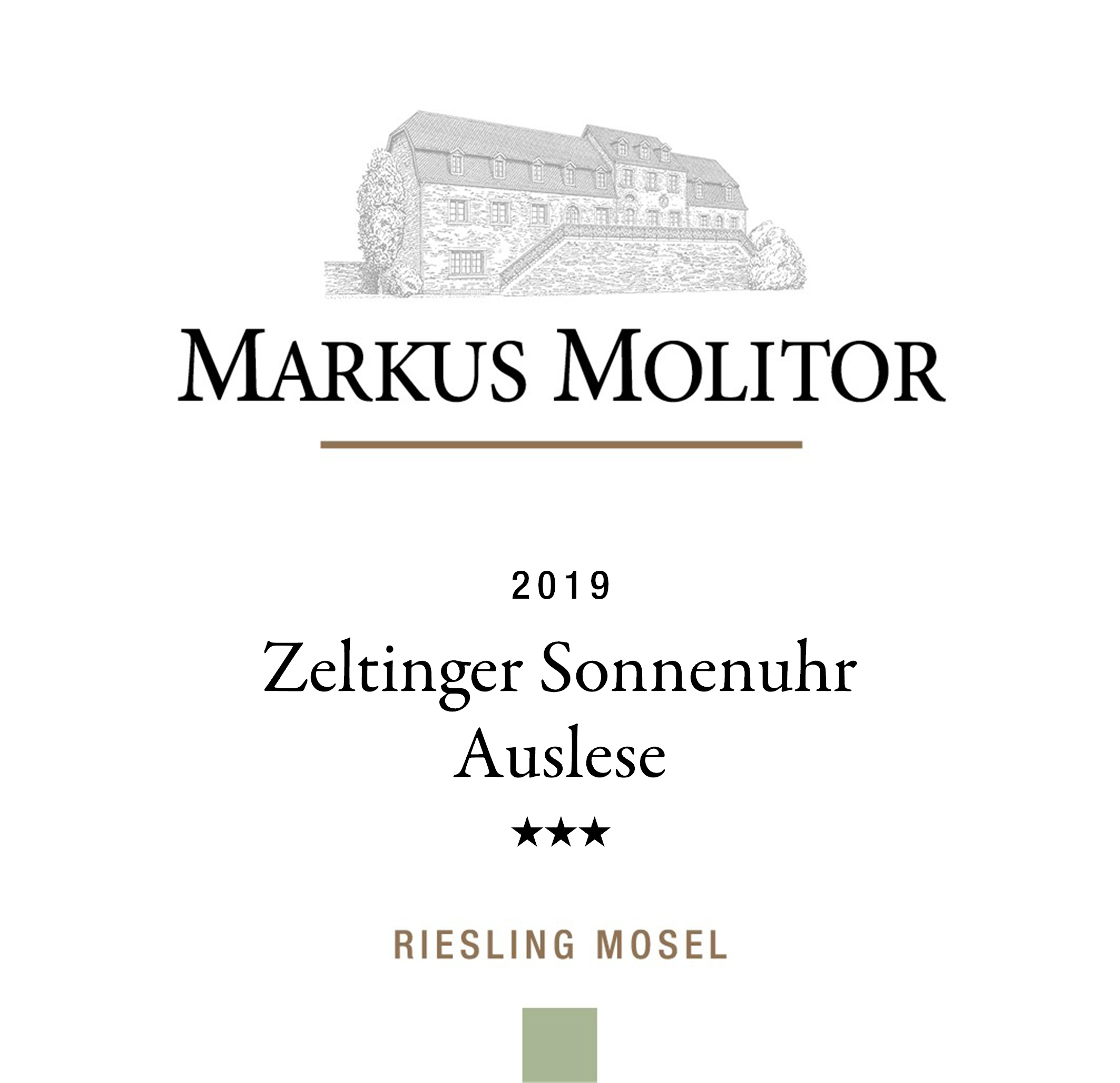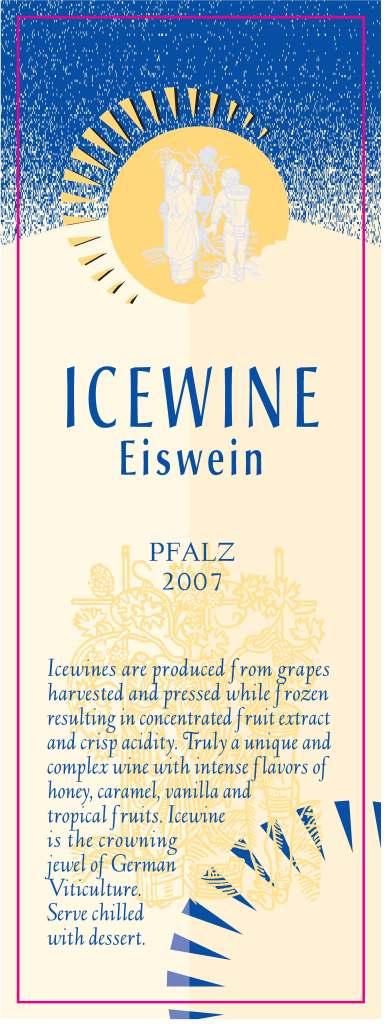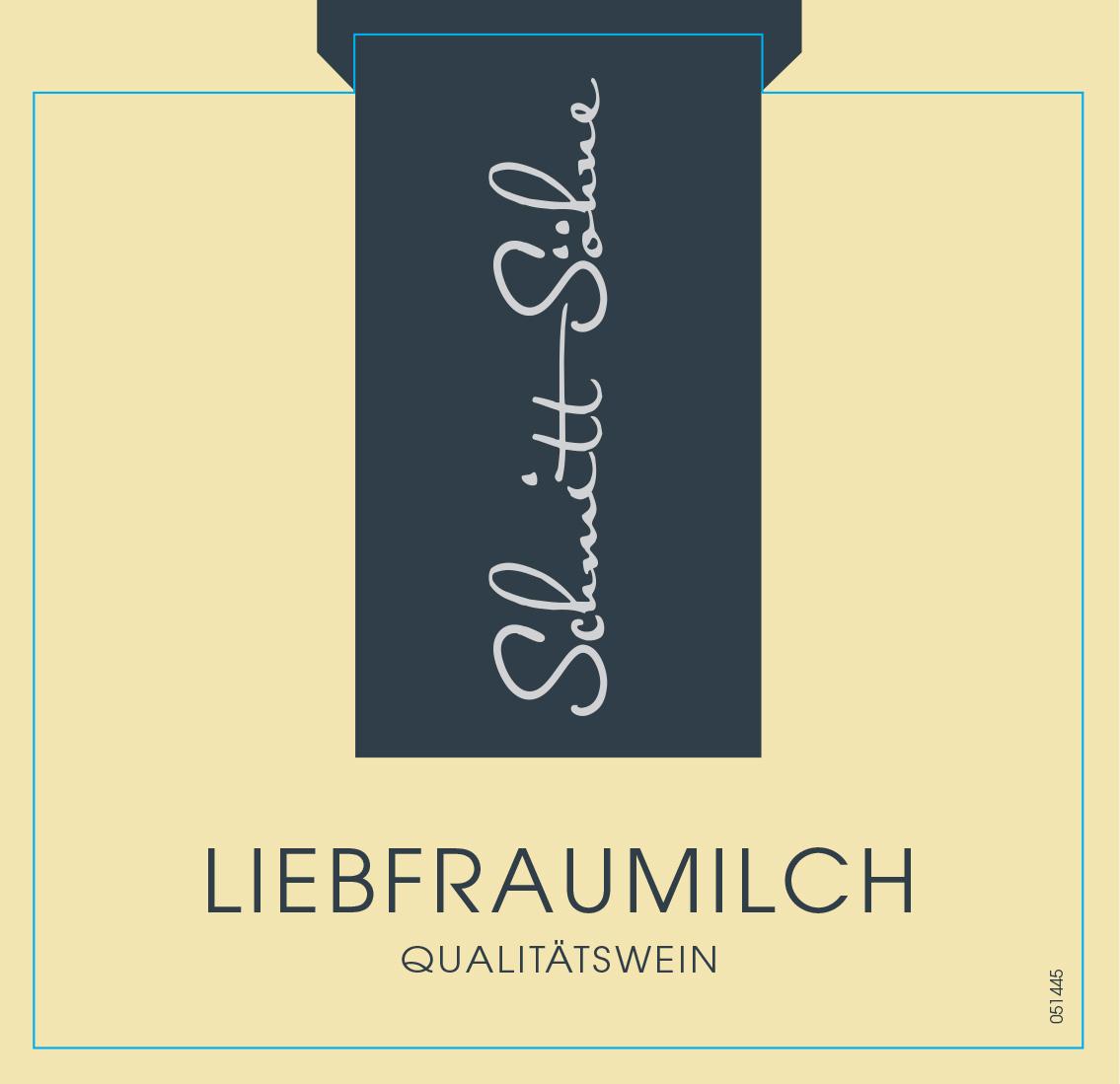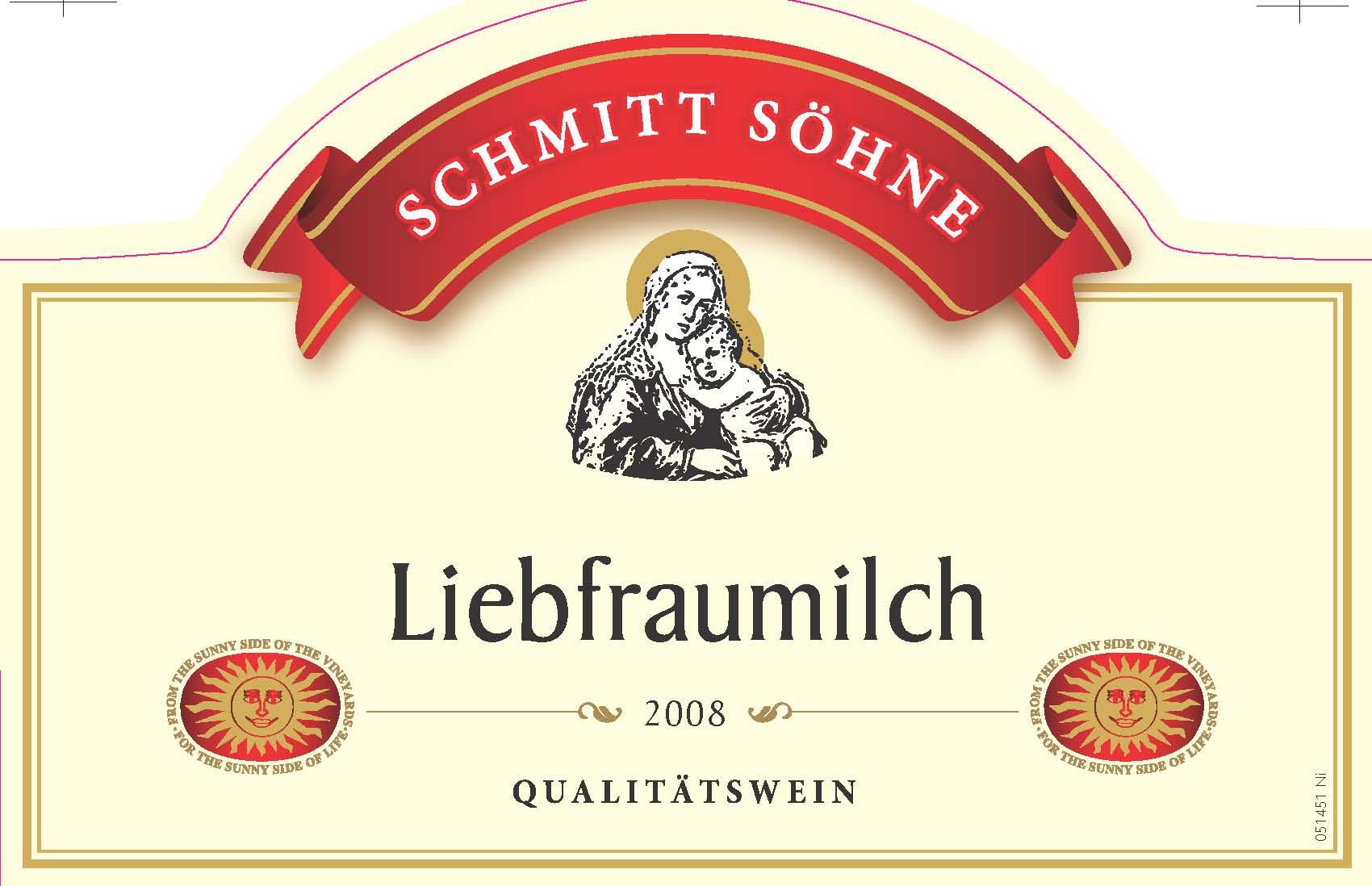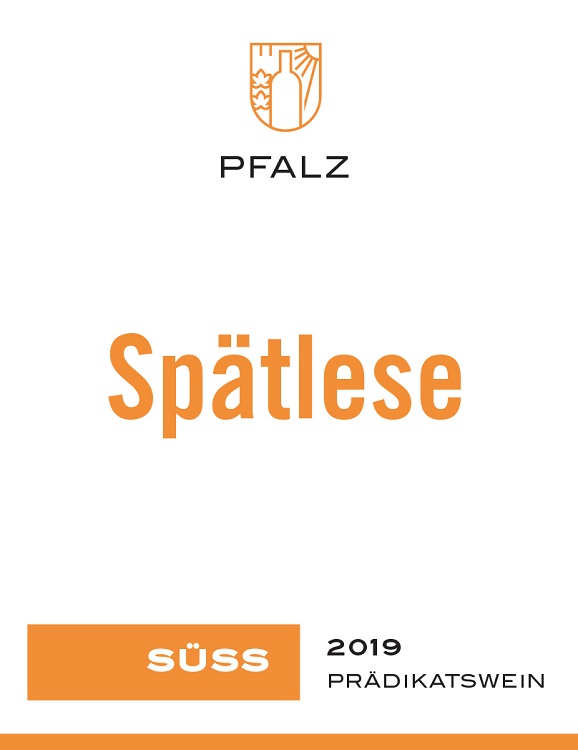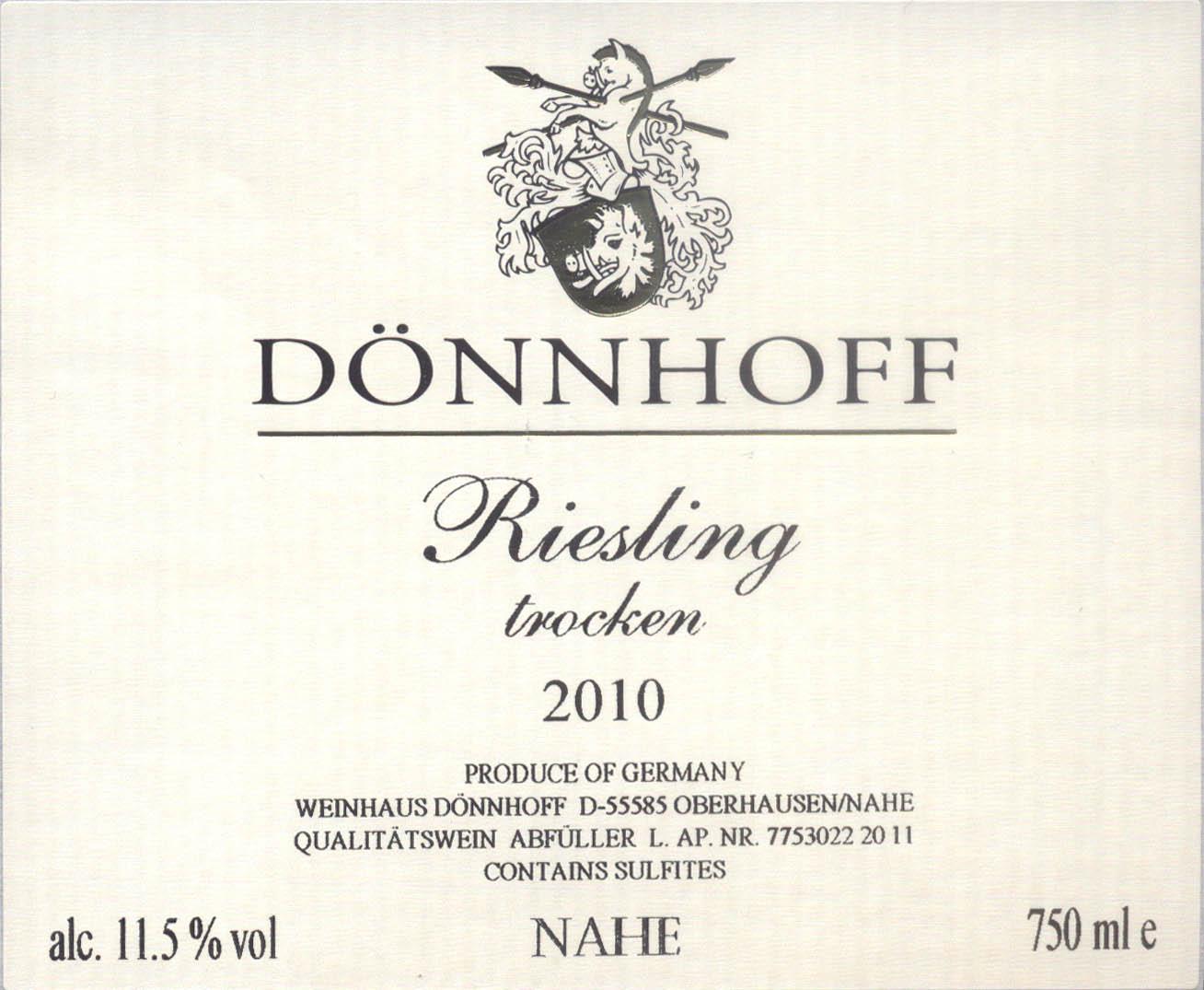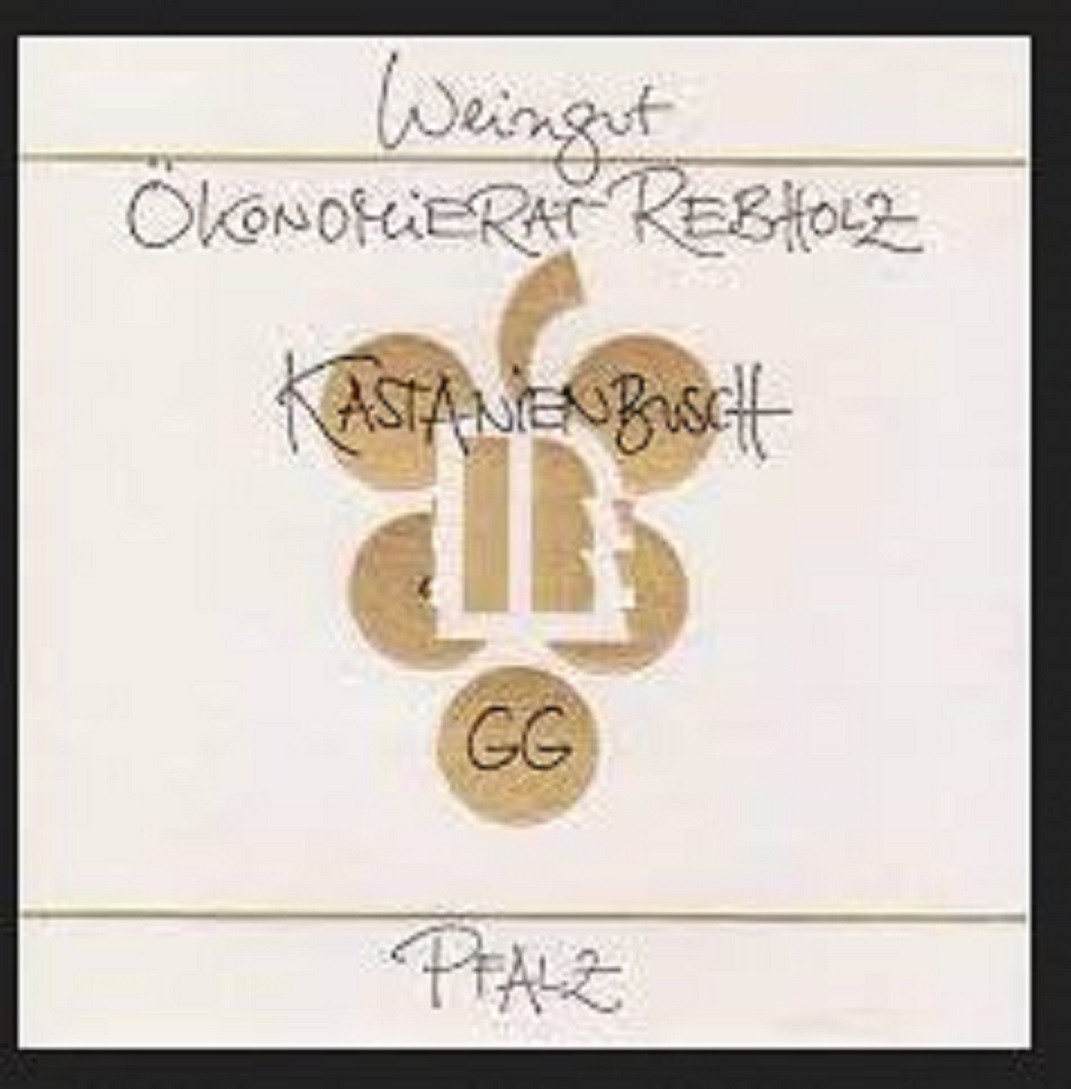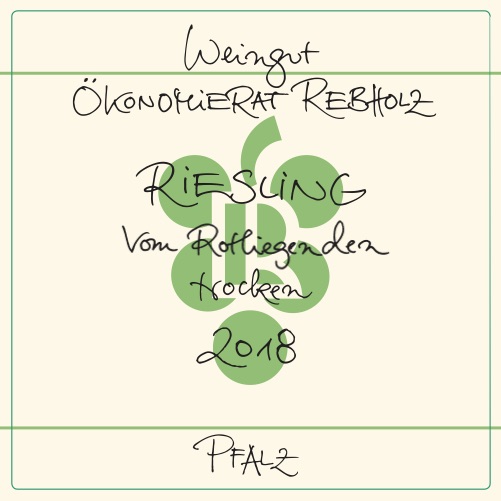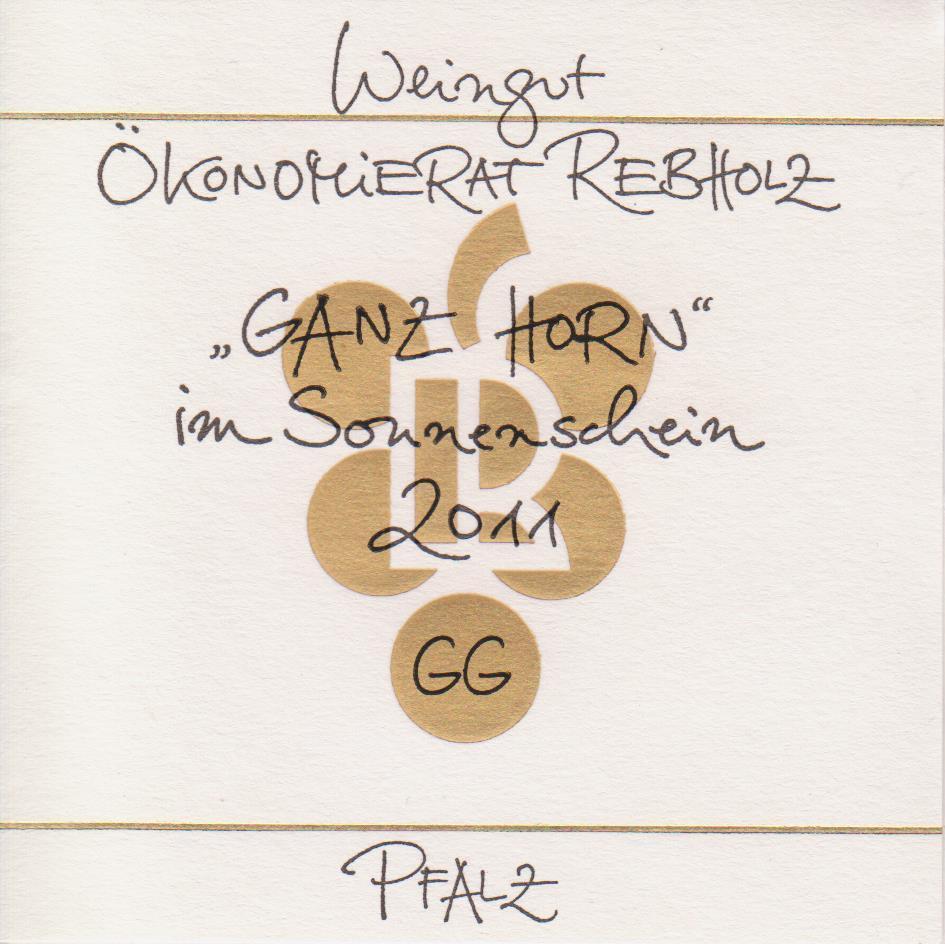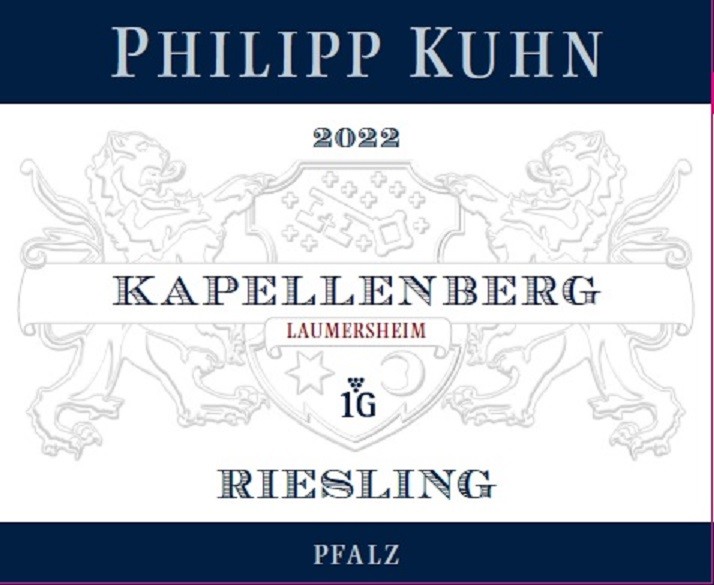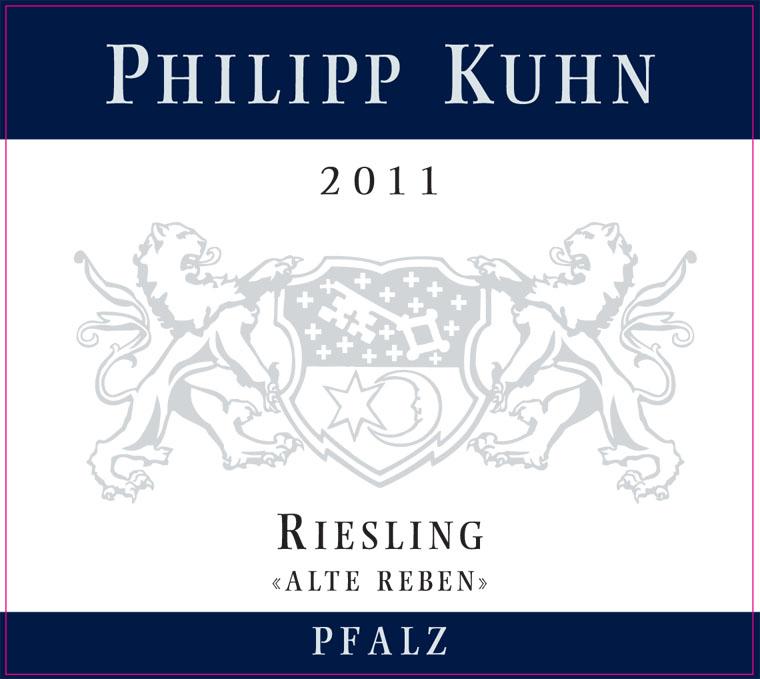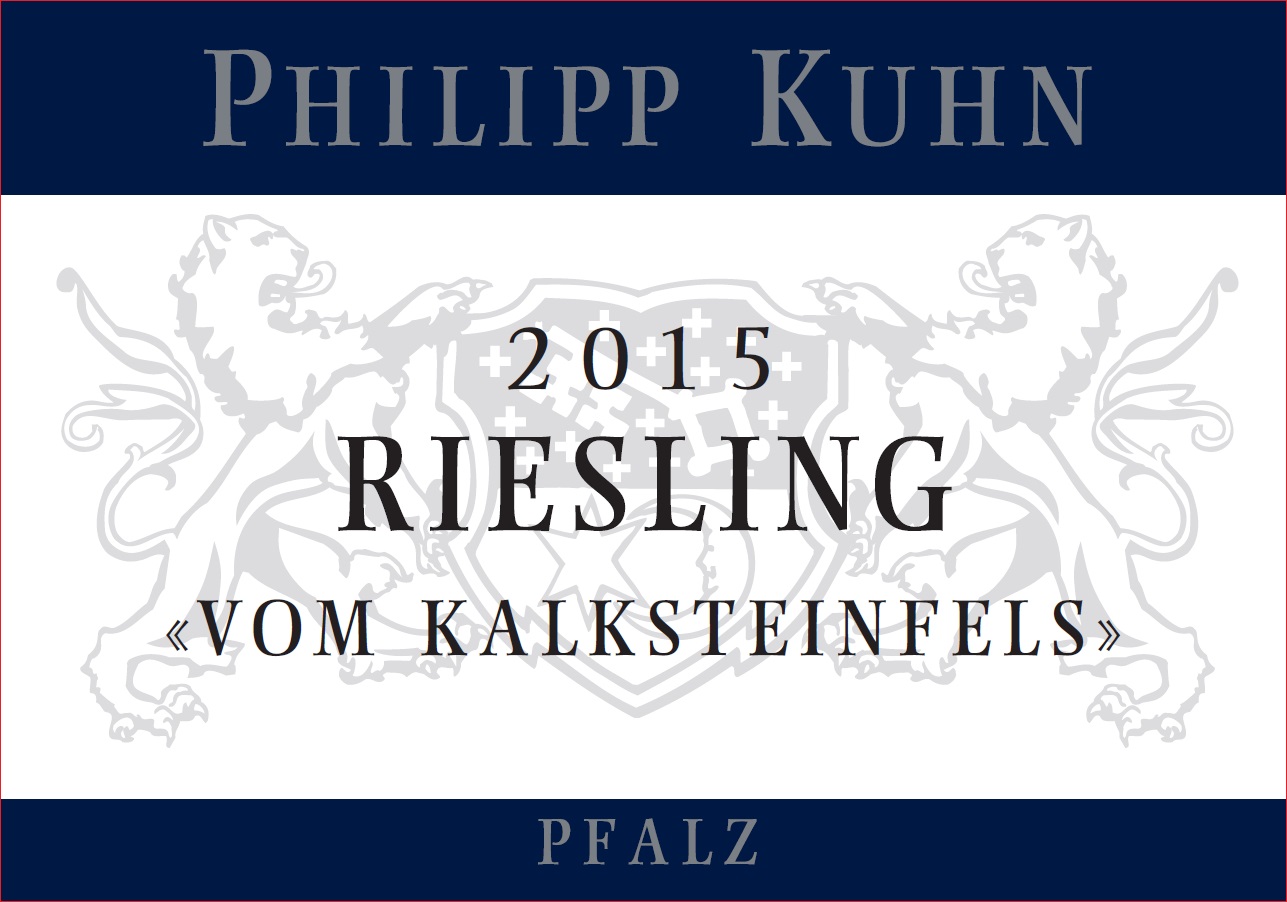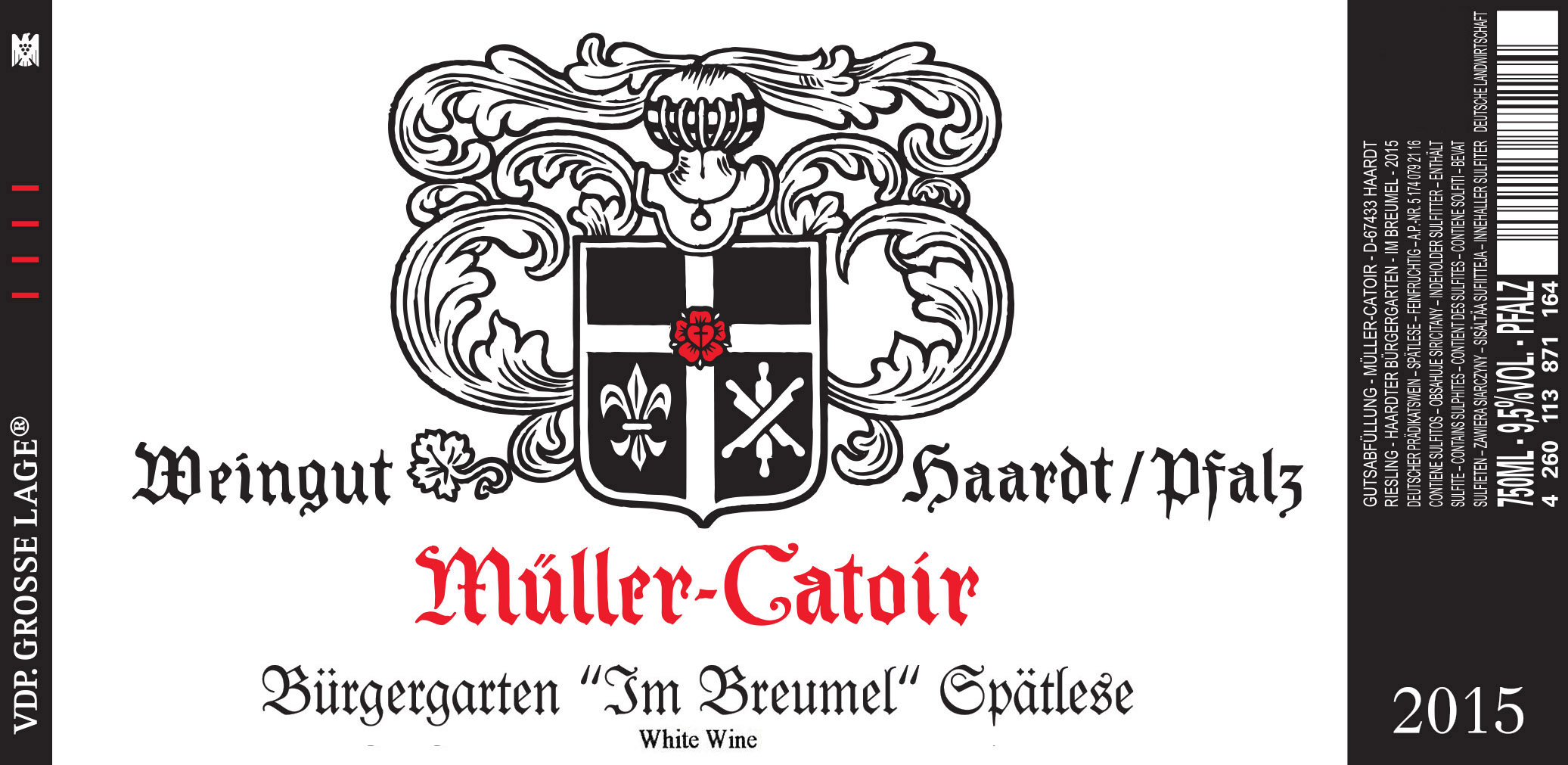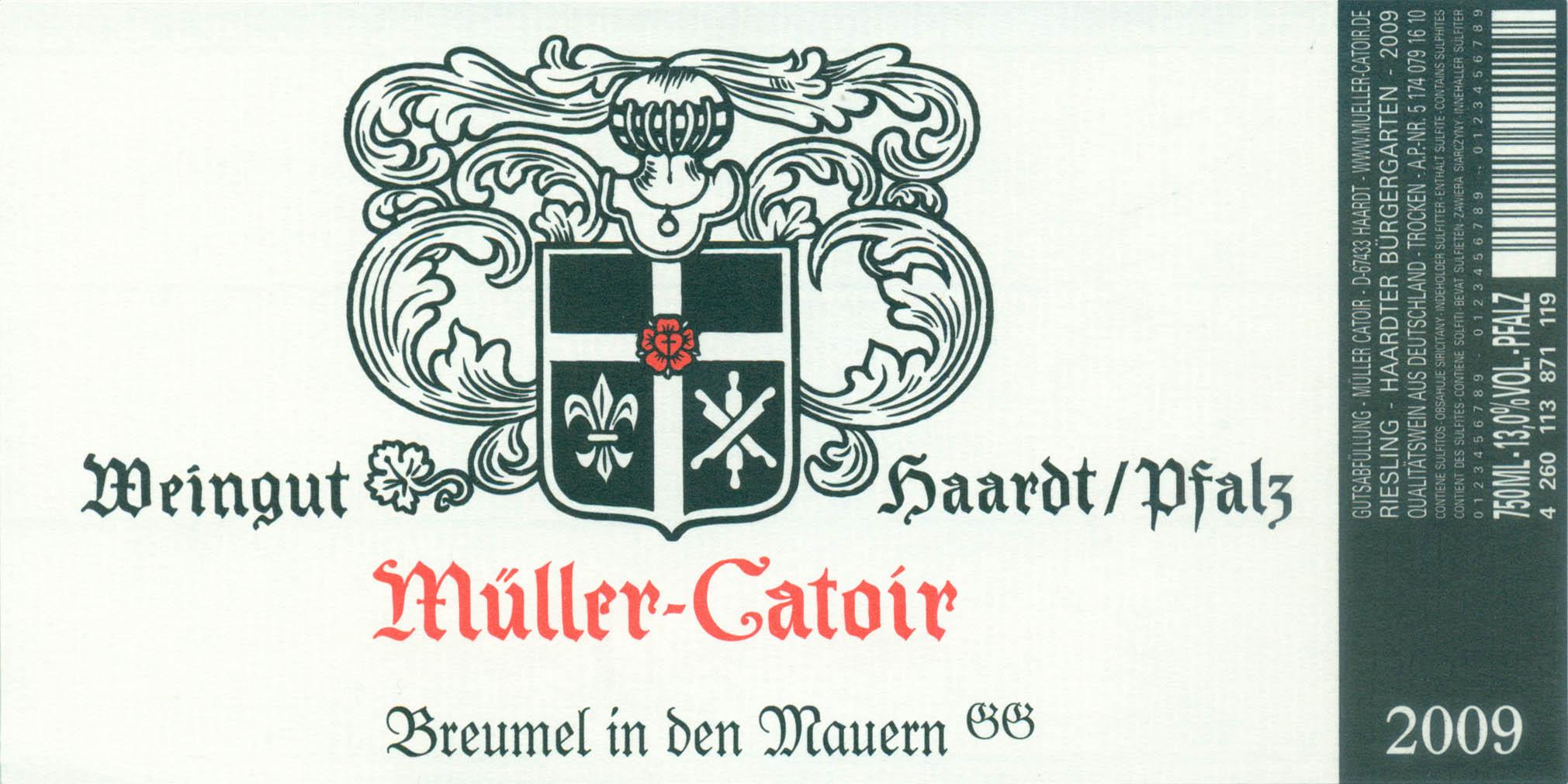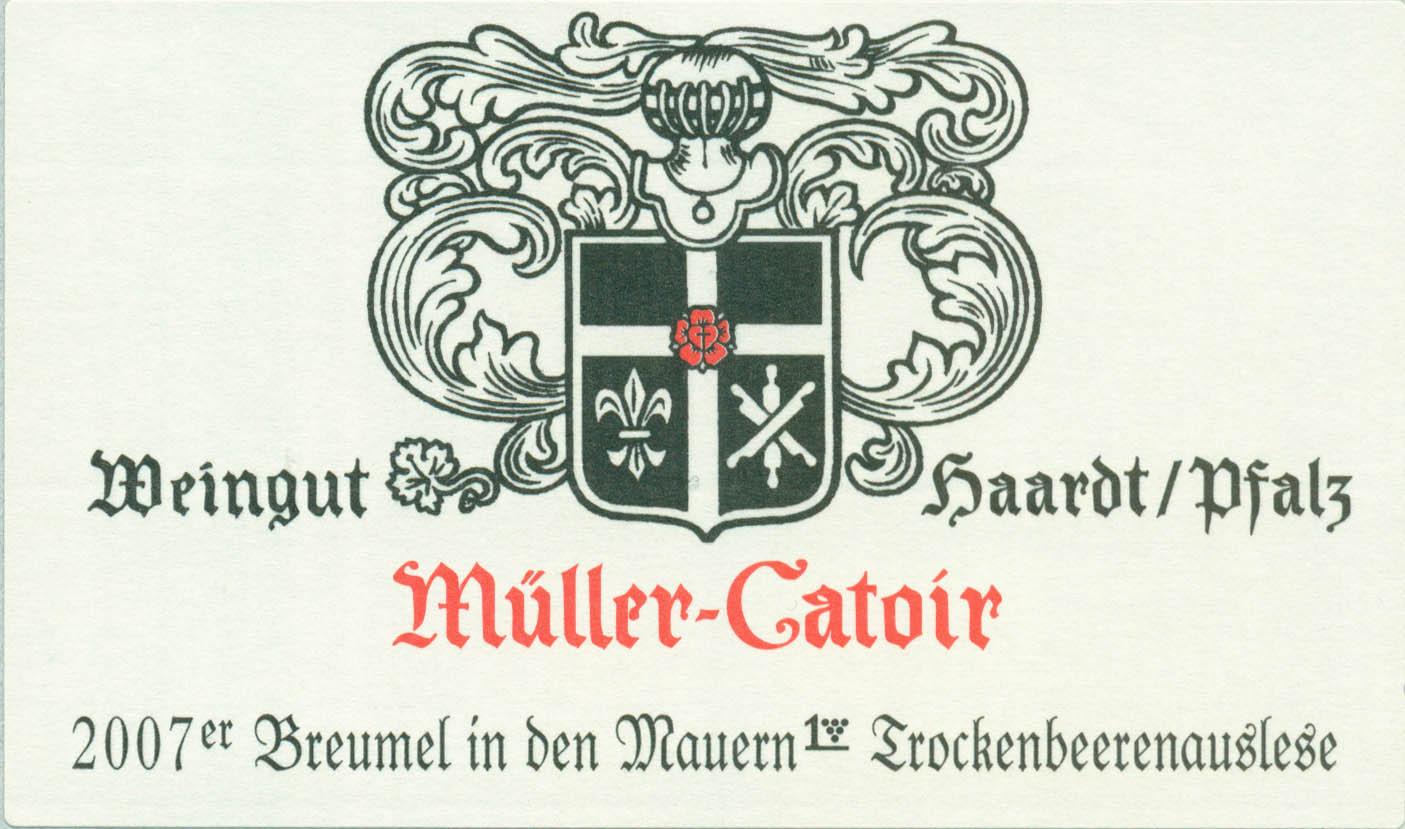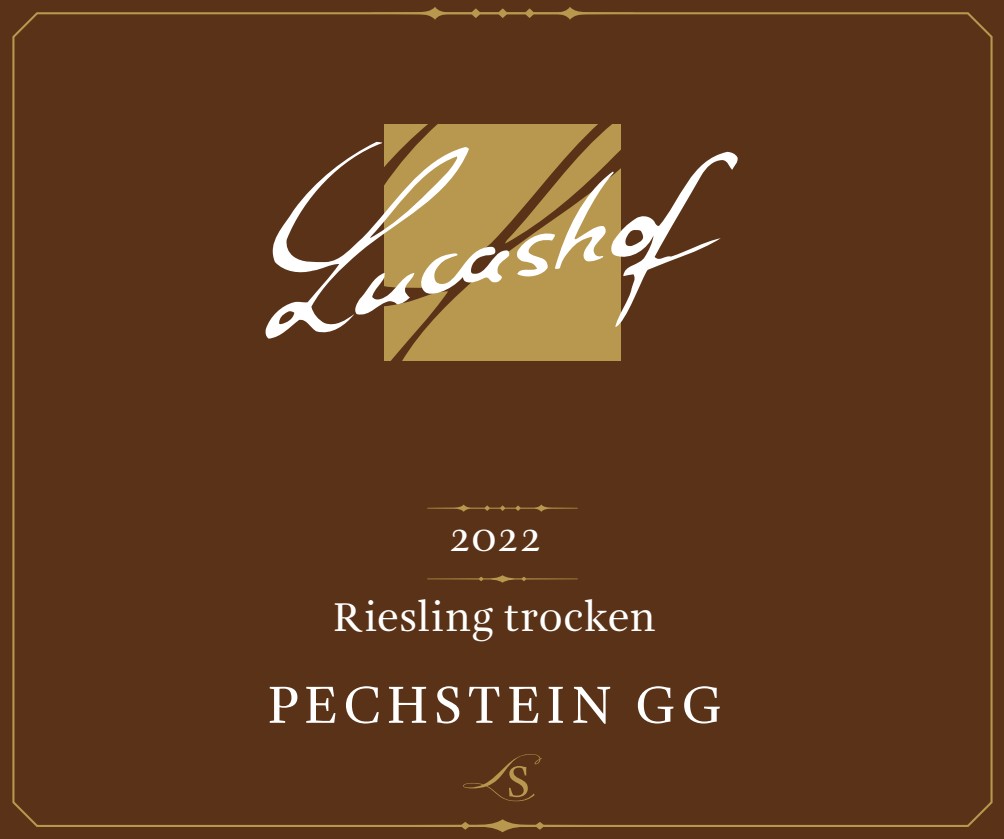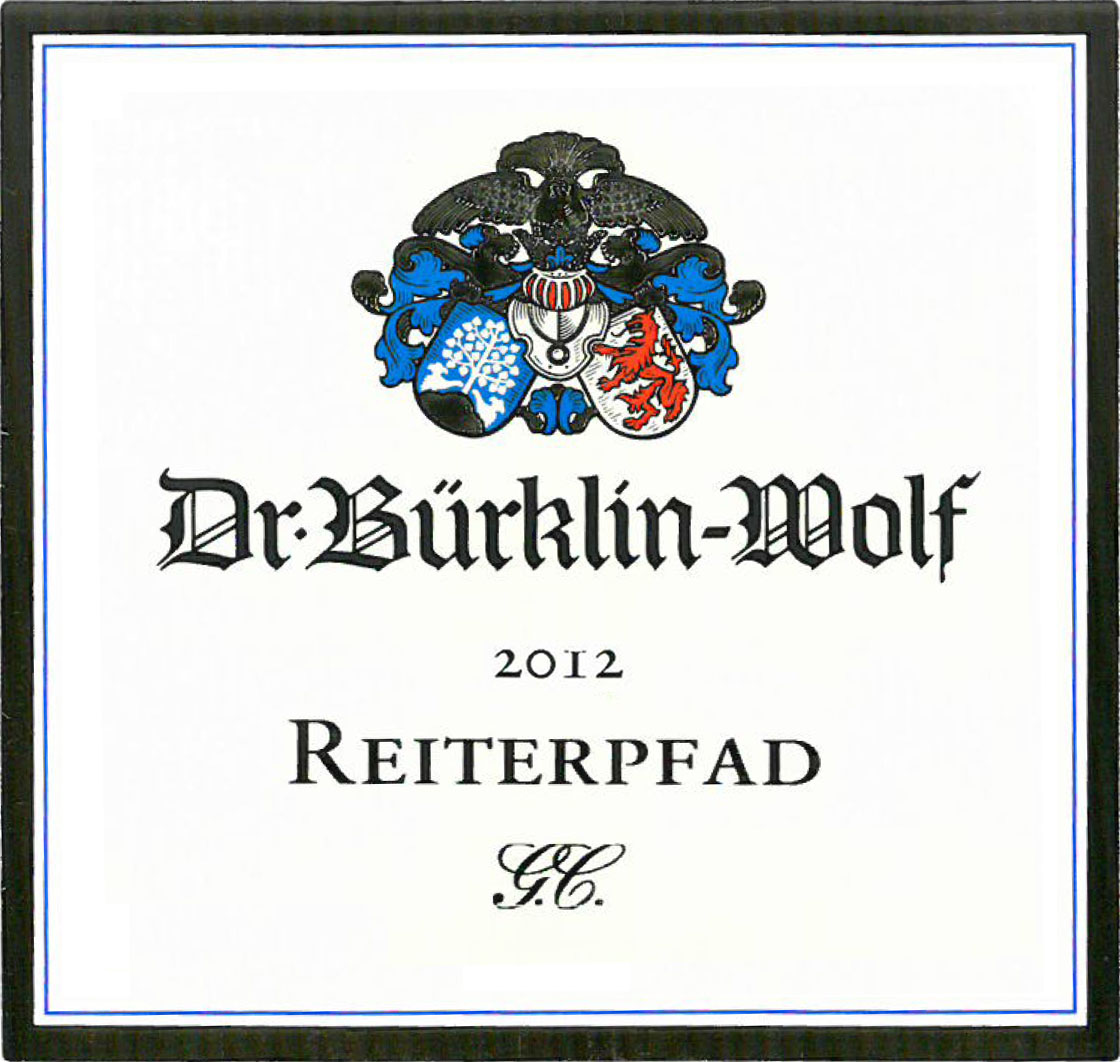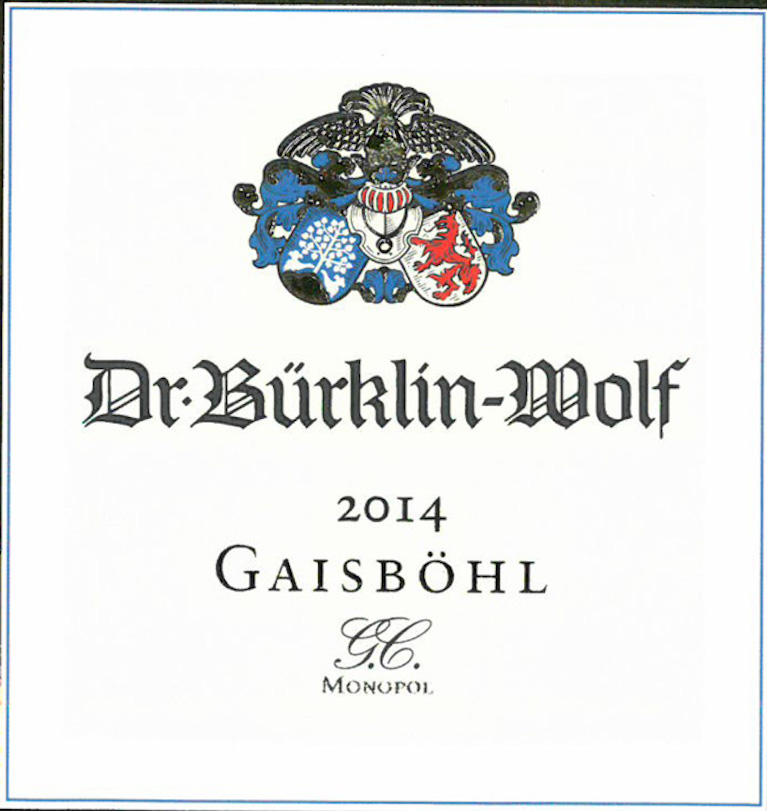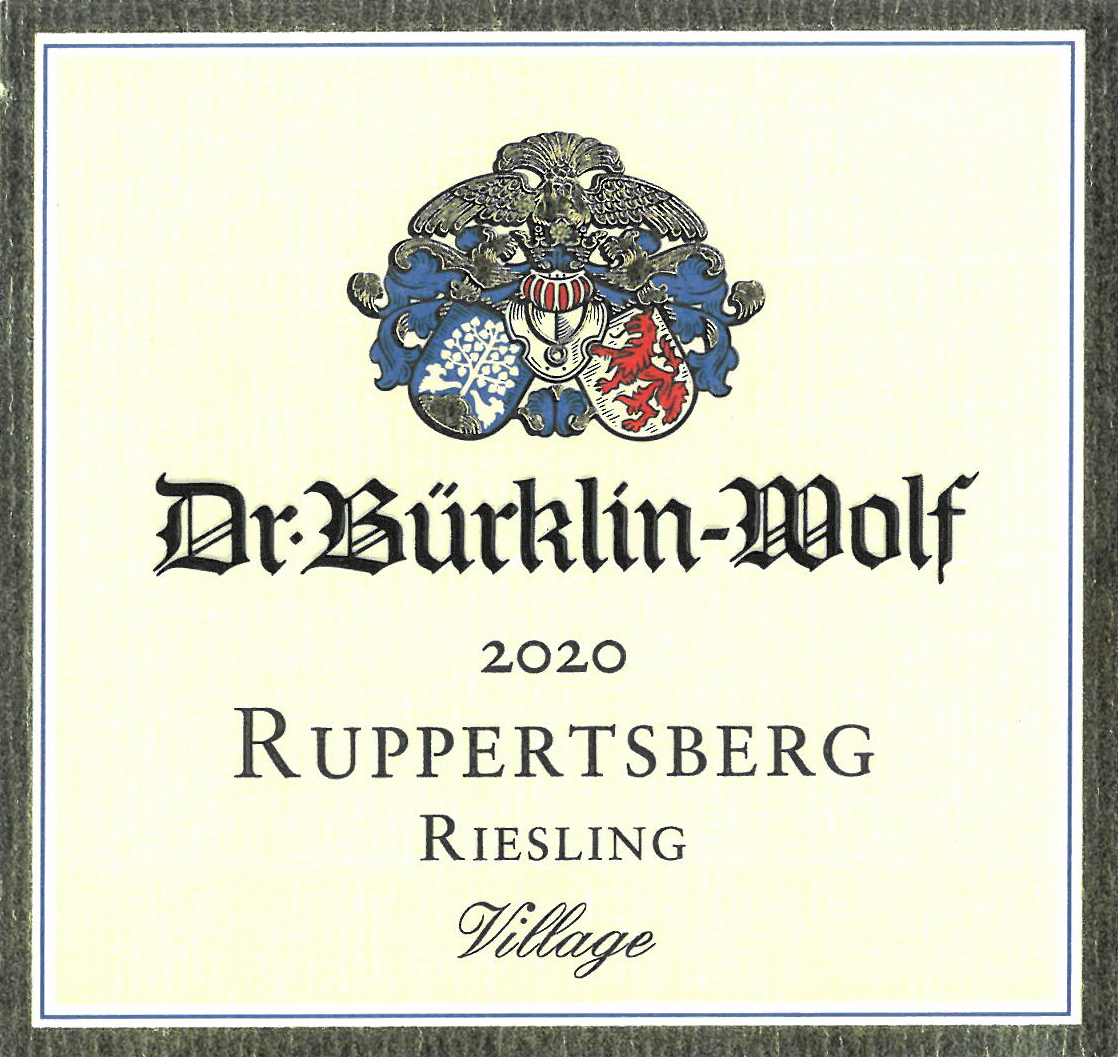Terroir of Pfalz
Pfalz, Germany's sunniest wine region, enjoys a Mediterranean-like climate due to the Haardt Mountains, which protect it from wet Atlantic weather. With around 1,800 hours of sunshine each year and an average temperature of 11°C (51°F), grapes ripen fully, creating wines that are rich and full-bodied. The long, dry autumns further enhance ripening.
The region's diverse geology features sandstone, limestone, basalt, and loess soils, allowing winemakers to match grape varieties with ideal conditions. Pfalz is divided into two districts: Mittelhaardt-Deutsche Weinstraße, known for powerful Rieslings, and Südliche Weinstraße, famed for Burgunder varieties. This terroir variety adds to the unique charm and complexity of Pfalz wines.
Notable Wineries in Pfalz
The Pfalz region in Germany, known for its vibrant wine culture, is home to several top-tier wineries that emphasize quality and heritage. Here are some notable producers:
-
Weingut Dr. Bürklin-Wolf: A historic estate in Wachenheim, renowned for its biodynamic practices and exceptional Rieslings.
-
Weingut Reichsrat von Buhl: Based in Deidesheim, this winery is celebrated for its precise, dry Rieslings and traditional sparkling wines.
-
Weingut Geheimer Rat Dr. von Bassermann-Jordan: This Deidesheim winery combines history with innovation, producing outstanding Rieslings from premier vineyards.
These wineries are part of the Verband Deutscher Prädikatsweingüter (VDP), ensuring high-quality, terroir-driven wines that reflect Pfalz's unique climate and soils.
Sustainable Winemaking in Pfalz
The Pfalz region in Germany is a leader in sustainable winemaking, with many vineyards adopting eco-friendly practices. Here, sustainable farming means avoiding synthetic chemicals and instead using cover crops to boost biodiversity and improve soil health. Compost and special biodynamic preparations enrich the vineyards, ensuring they thrive naturally.
In the cellar, a minimal intervention approach is practiced. Natural yeasts drive fermentation, and resource management is prioritized with solar panels, rainwater collection, and lighter glass bottles to reduce carbon footprints. Certifications like Organic (Bio), Biodynamic (Demeter/Biodyvin), and FAIR'N GREEN ensure that environmental, economic, and social factors are considered. These efforts highlight a commitment to quality and sustainability, producing wines that truly reflect the unique terroir of the Pfalz.
Wine Tourism in Pfalz
The Pfalz region is a treasure trove for wine tourism, offering a deep dive into German wine heritage. This area presents opportunities to explore the iconic Deutsche Weinstraße, an 85-kilometer route rich with scenic vineyards and historic towns like Bad Dürkheim and Deidesheim. Here, wine festivals are a vibrant part of local culture, with events such as the Dürkheimer Wurstmarkt, the world’s largest wine festival, drawing crowds each September.
Culinary experiences are equally enticing, with local dishes like Pfälzer Saumagen and Zwiebelkuchen paired with the region's signature wines. The region’s diverse soil types and Mediterranean-like climate make it ideal for cultivating a variety of grapes, from Riesling to Spätburgunder. With sustainable winemaking practices and top-tier wineries like Weingut Dr. Bürklin-Wolf leading the way, Pfalz offers a unique and eco-conscious wine tourism experience.



